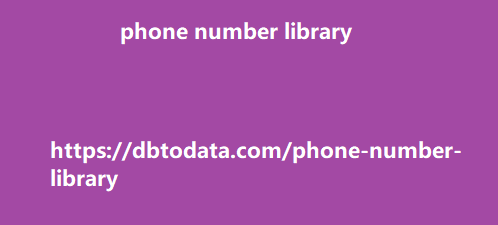SE Ranking – One of the best all-in-one SEO tools in the market today, SE Ranking has a competitive research feature where you can check all your competitor’s they’re ranking for. SE Ranking recently updated its competitive research function to include historical data which enables you to check your competitor’s data for a given timeframe/date range. So, you can use the data you see to check how your competitors are doing for your shared keywords and their movement in SERPs. This allows you to check which competitors are doing great and you can immediately adapt your strategy to match theirs. SE Rankings Competitive Research SERP Movements Online Forums – Sites like Reddit offer a lot of content related to inquiries as well, making it another great platform to analyze user intent.
Going around other online forums is also
another solid approach, as these have been the best places to ask around the internet for years, providing you with a massive archive of queries waiting to be utilized. Tinkering with Google or even Facebook Search might also help you find interesting results that allow you to see how people look around on the internet. This makes crowdsourcing for information another viable method of finding unique and genuine results that come from actual users. Why Traditional Keyword Research Isn’t Effective Anymore While traditional keyword research is still able to help you find keywords that generate a significant amount of traffic, the arrival of voice search was a signal to a lot of SEOs that this might no longer be an effective method in the near future.
This means that we have to diversify our
strategies and use fresh methods that would help us find what we are looking for. While this may lead to bumps along the way, the ultimate reward of experimentation makes it all worth it after a good number of tries. One of the traditional keyword research metrics that is used as a measurement of keyword success is search volume. While search volumes tend to give you a good assessment of keyword performance, there are times that they might be inaccurate, especially on more specific search terms that might be more helpful for your rankings. While completely moving away from tried and tested methods is still not advisable, finding new ways to generate keywords that understand user intent allows you to get out of your SEO comfort zone, and create your own unique approach to keyword research.
Create a list or chart of your keywords Once you
have done your research, it is time to categorize each search query and put them in a list or chart, depending on your preference. This allows you to identify each search query accordingly, and even connect each of them to formulate more queries. It is best to start with single root words and branch out from there. From there, you can add elements such as brand names, key prefixes or suffixes, categories, geotagging, adjectives, and even common phrases used when asking. With a plethora of information mostly consisting of unique search terms, there is no doubt that you might have an overwhelmingly long test after doing this.
This is why filtering your list is the most crucial
step towards finding the best search bahamas phone number library queries that would fit your needs. After looking for the right, search intent-optimized keywords to target, it’s time for you to make search intent optimized blog content to serve your audience: How To Make Search Intent Optimized Blog Content Give Advice For Informational Queries Users who search for keywords with an informational search intent are looking for answers to their questions. These answers can vary depending on their needs, but Google’s algorithm can detect the context of their search and bring up the most relevant pages. For example, the keyword “barley grass” brings up informational articles that talk about its health benefits rather than pages created to sell barley grass products.
Information Search Intent Keyword: Give
Advice For Informational Queries To make informational search intent optimized blog content, give your readers good advice. Here are a few ways that you can do just that: Share Tips Through Lifestyle Content The best way to create content for a keyword with an informational search intent is by simply answering the user’s query. That’s it. Take a look at the knowledge graph our team created for the keyword “refrigerator cleanings tips”. It’s simple, relevant, and informational. Informational Search Intent Sample: Share Tips Through Lifestyle Content Suggest Relevant Products If the user’s search query is looking for product options to address a need they have, your blog content should focus on suggesting relevant products to them.
Make sure that instead of promoting your
products, you focus more on promoting facebook dos and don’ts to make your fans love you their benefits. Here’s a sample from a blog that we created for people looking for anti-aging supplements: Informational Search Intent Sample: Suggest Relevant Products These types of blogs can also be utilized for keywords with transactional or commercial search intent. All you need to do is focus on the right parts that can address the user’s needs. Provide Details For Transactional Queries Keywords with a transactional search intent are there to help searchers looking to purchase an item. They already know what product they want to buy, the question is where they can get it. The right way to optimize your blog content for keywords with a transactional search intent is to prove how your product can benefit them.
Here’s how you can do it: Show How Your
Product Works One way you can showcase powder data a product is by writing about how it works. For example, if someone searches “kitchen flooring philippines”, you can come across one of the landing pages that our team wrote. Since the keyword has a transactional intent, we wrote about the client’s product and how it can benefit possible customers. This can show the customer why out of all of the options online, they should choose to invest in your product. Transactional Search Intent Sample: Show How Product Works Show Alternatives For Commercial how to write for is for commercial investigation queries.

